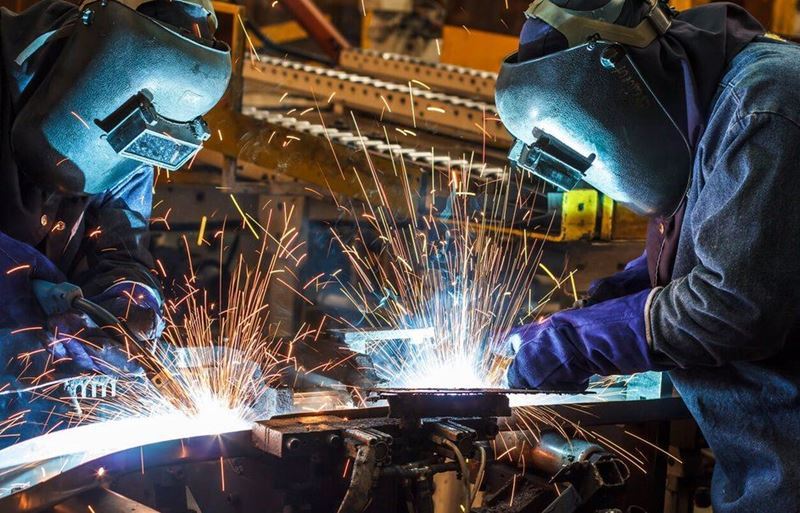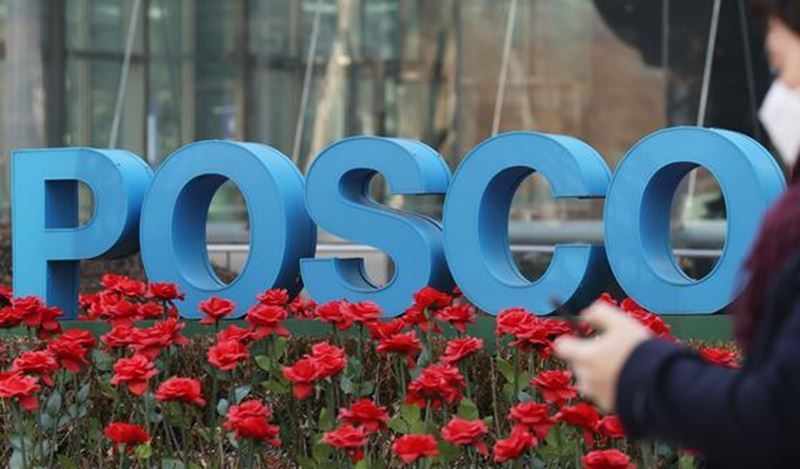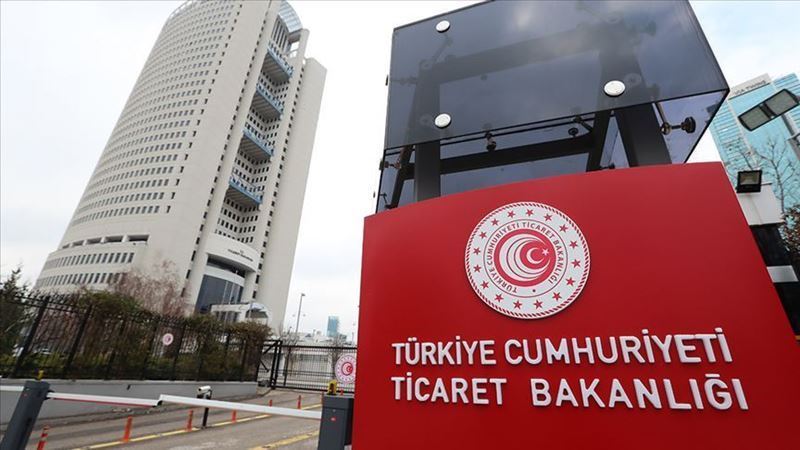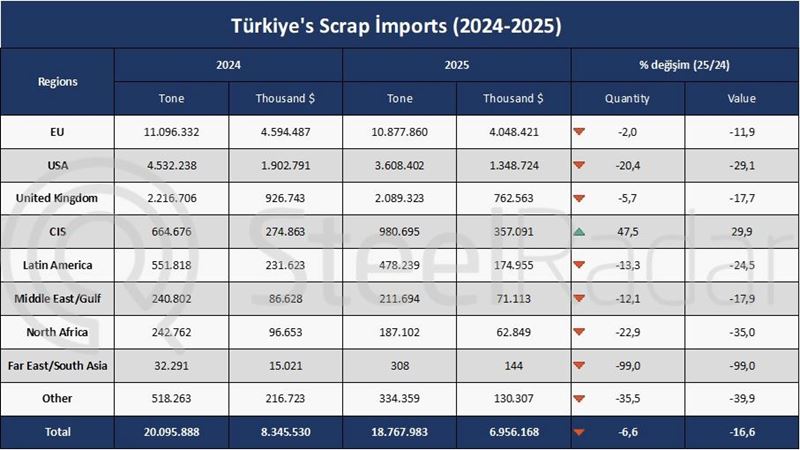According to the statement made by the Istanbul Chamber of Industry (ICI), manufacturing PMI (Purchasing Managers Index) in the Turkish manufacturing sector was recorded as 49.00 in August. This figure was below the threshold value of 50.00 for the second consecutive month and showed that the loss of momentum in the Turkish manufacturing sector continued. A manufacturing PMI below 50 indicates contraction in the sector and reflects the slowdown in economic activity.
Firms reported difficulties in receiving new orders and the decline in new business accelerated compared to the previous month. The main factor deterring customers from placing new orders was strong price pressures.
Commenting on the August survey results, Andrew Harker, Economics Director at S&P Global Market Intelligence, said: "Despite a slight easing across most sectors in August, price pressures remained the key issue facing manufacturers in the middle of the third quarter. This had a dampening effect on demand, with new orders rising in only a small number of sectors, with the most difficulties concentrated in clothing and leather goods and textiles. On the other hand, land and water vehicles and electrical and electronic products were among the best performing sectors during the month, providing some optimism for these industries.
According to the Istanbul Chamber of Industry Turkey Sectoral PMI report for August, production increased in four of the 10 sectors monitored. The strongest increase was in electrical and electronic products, while the sharpest slowdown was measured in clothing and leather goods. Most sectors lost momentum in new orders, while input costs generally continued to rise rapidly. The most notable increase was in land and watercraft. Non-metallic mineral products recorded the fastest increase in selling prices. Employment rose in four out of ten sectors.
Food production started to increase again
After a slight decline in July, food manufacturers' production volume resumed growth in August, recording its third increase in the last four months. This was driven by four consecutive months of growth in new orders, while exports also improved. Employment remained flat after nine months of expansion, including a record increase in July. Inflation in both input costs and final product prices remained high despite the decline compared to the previous survey period.
Employment in the basic metal sector decreased
August data pointed to a decline in employment in the basic metals sector due to the ongoing slowdown in production and new orders. The number of employees contracted for the first time in four months, the largest decline since May 2020. Purchasing activity also declined at the highest rate in a year. Suppliers' delivery times increased in August after two months of improvement. Meanwhile, inflation in input costs and final product prices remained high but slowed.
Strong increase in production in August
Turkish machinery and metal product manufacturers increased their production in August after a slowdown in July. Thus, the sector has recorded growth in five of the last six months. Although the slowdown in total new orders continued, export orders resumed growth. Another factor behind the expansion in production was the effort to complete the markedly increased backlog. This also led to a strong increase in employment, which was recorded at the fastest pace since May.











Comments
No comment yet.